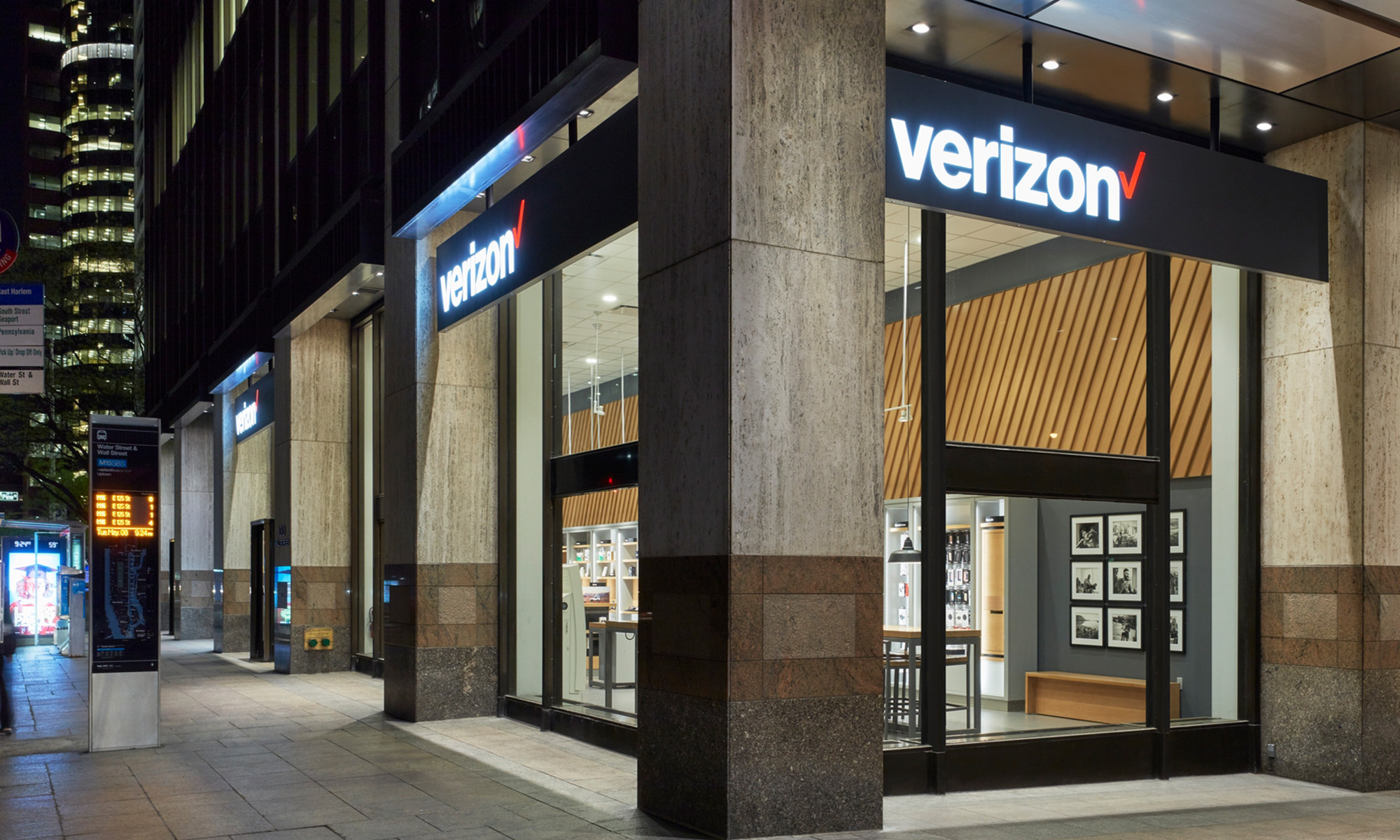As Verizon (VZ +0.74%) sets a significant portion of its investment strategy on bringing broadcast capabilities to wireless, the landscape for cable has gotten even more challenging. Cable companies such as Comcast (CMCSA +0.64%) already have their hands full dealing with the very real threat posed by streaming video companies such as Netflix (NFLX 2.41%), but with this latest challenge, they are fighting a battle on multiple fronts. Verizon CEO Lowell McAdam may be trying to convince the National Association of Broadcasters that his company means no harm, but his investment strategy in 4G LTE is designed to not only compete with cable, but kill it altogether. The scary thing for Comcast is the reality that killing cable is exactly what wireless is going to do.

Source: Verizon Wireless.
The path of disruptive technologies
When a disruptive technology comes along with the power to alter the very landscape of consumer behavior, it is rarely a direct frontal attack. For example, discounters didn't challenge traditional grocery stores by entering the market as alternatives. Rather, they began as places to buy staples -- like paper towels and pretzels -- in bulk. At first, the grocery chains didn't notice or care -- their valuable shelf space couldn't be filled with 48-packs of toilet paper. Then the discounters offered a bit more, and again the major chains were ill-equipped and disinclined to compete. By the time one-stop super centers began offering full grocery options, the discounters already had a firm command of the market they were disrupting.
Verizon's investment strategy in 4G LTE for broadcasting to its customer base is likely to follow a similar path. It starts with McAdam saying, "We don't want to get in the way of broadcasters," with reference to the idea of broadcasting the 2014 Super Bowl. He explains further than his company could "add a dimension and it becomes better." Maybe Comcast and others will ignore the offering as a fringe add-on and let Verizon in the door. When football fans begin watching the Super Bowl on their smartphones, it may go unnoticed, but it could mark the beginning of the end for cable.
The importance of sports
It's probably no coincidence that, in addition to focusing on an investment strategy that targets expanded 4G LTE, Verizon is starting with sports. Where services like Netflix and Amazon.com (AMZN +1.18%) Prime target content that is less time sensitive, sporting events are the one thing people insist on watching in real time. Catching your favorite show after its original air date is less annoying than missing the big game. Amazon and Netflix are so busy fighting over content that the means of delivery is wide open for Verizon.

Source: Comcast.
The importance of sports is one of the reasons that Comcast, also the owner of NBC, continues to shift important sporting events to pay channels. If consumers want sports programming, and paying for it is the only way to watch the big game, it's a good strategy. This means that sports represents the promised land of broadcasting -- if Verizon can push its way into sports, it will be well on its way to killing cable.
Verizon's investment strategy
McAdam's speech to the NAB was focused on the fact that currently 50% of the company's network traffic comes from video, and this is expected to rise into the future. In his speech, McAdam recounted a conversation he had with Apple's (AAPL +0.45%) Steve Jobs. The two had discussed the importance of making the iPhone 5 LTE compatible. Jobs apparently conceded that given the ability of LTE to allow video streaming, he saw the importance and the iPhone 5 made the LTE jump. Verizon's investment strategy clearly includes both technology investment in the form of LTE expansion, and soft investments like buy-in from Apple and others.
The incentive for Apple, in particular, to help wireless carriers make the leap to broadcasting is a bit of a balancing act. On the one hand, Apple drives revenue through iTunes -- made more appealing on the LTE network. On the other hand, if Verizon makes a full leap to broadcasting, it will potentially cannibalize some of Apple's iTunes revenue. Ultimately, the progress that LTE represents is inescapable and Apple will embrace it as a matter of necessity.
Verizon's investment strategy for LTE may not specifically be targeting cable, but it has the potential to be the type of disruption that could change the entire landscape of how you watch TV. Cable may not be on the verge of disappearing, but Comcast should be executing its own investment strategy to keep paces with coming changes. The potential that Verizon has at current levels makes it appropriate as a core holding in most portfolios.










